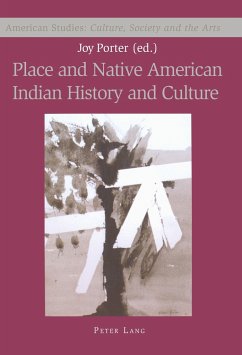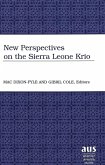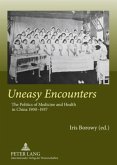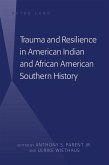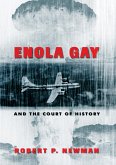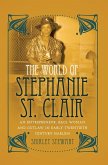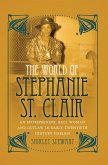In this volume prominent scholars from across the United States and Europe examine the central significance of place within Native American history and life. They shed new light on this foundational concept within Native American Studies at a time when the idea of place is under fundamental reassessment across disciplines. The studies focus on understanding the American self within each of the varied landscapes of the United States and on recognising the true "place" of American Indian peoples within American history. The contributions to this volume are selected from the conference on "Place and Native American Indian History, Literature and Culture" held on 29-31 March 2006 at the University of Wales, Swansea, U.K. Over one hundred and twenty delegates from across the globe congregated, including the largest gathering of Native American intellectuals yet seen in Europe.
«Place remains a native concept rich with political meaning for North American culture as a whole, and for the world as a whole. This volume undertakes a broad and deep exploration of what the sense of place has meant in specific Indian cultures, in the works of particular native artists, and in the religious outlook that binds North American indigenous cultures inwardly and connects them to a place in the natural landscape in the outward forms of tribal life.» (From the foreword by Alan Trachtenberg)
«It is not hard to feel, think, and say that Indigenous land, culture, and community are the foremost elements in the life of the Indigenous peoples of the Americas. The past and future depend upon those elements, and nothing can be sustained without the acceptance of these elements as foremost. Literature as the practical and rhetorical expression of land, culture, and community therefore is essential in order to fully understand the cultural existence of the Indigenous world of the Americas. Because Indigenous literature is understood to be derived from Indigenous oral tradition, at times it may seem removed from the cultural life of Indigenous American people. But it is not removed. Many Indigenous authors of poetry, fiction, plays, essays, etc. are fluent in today's mass languages including English, Spanish, and French which are also obviously colonial languages, and so they publish their works in such languages. This does not mean they are speaking from positions of only being colonized subjects necessarily but it does mean they are recognizing the efficacy of such languages - and they presume it is the best way to reach the largest public audience. And it is also the way they express their sovereignty as Indigenous cultural beings who are cognizant of their role in leading the world to a better place and time. Indigenous literature concerned with land, culture, and community of the Indigenous Americas is the clearest direction toward a better place and time.» (Simon J. Ortiz, July 2006)
«It is not hard to feel, think, and say that Indigenous land, culture, and community are the foremost elements in the life of the Indigenous peoples of the Americas. The past and future depend upon those elements, and nothing can be sustained without the acceptance of these elements as foremost. Literature as the practical and rhetorical expression of land, culture, and community therefore is essential in order to fully understand the cultural existence of the Indigenous world of the Americas. Because Indigenous literature is understood to be derived from Indigenous oral tradition, at times it may seem removed from the cultural life of Indigenous American people. But it is not removed. Many Indigenous authors of poetry, fiction, plays, essays, etc. are fluent in today's mass languages including English, Spanish, and French which are also obviously colonial languages, and so they publish their works in such languages. This does not mean they are speaking from positions of only being colonized subjects necessarily but it does mean they are recognizing the efficacy of such languages - and they presume it is the best way to reach the largest public audience. And it is also the way they express their sovereignty as Indigenous cultural beings who are cognizant of their role in leading the world to a better place and time. Indigenous literature concerned with land, culture, and community of the Indigenous Americas is the clearest direction toward a better place and time.» (Simon J. Ortiz, July 2006)
